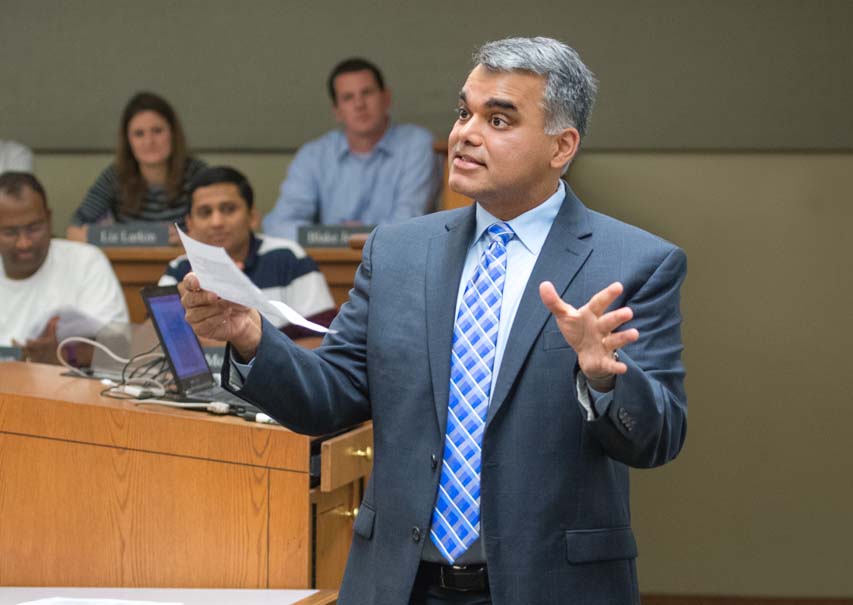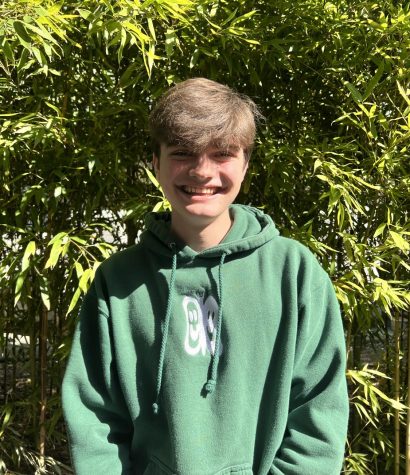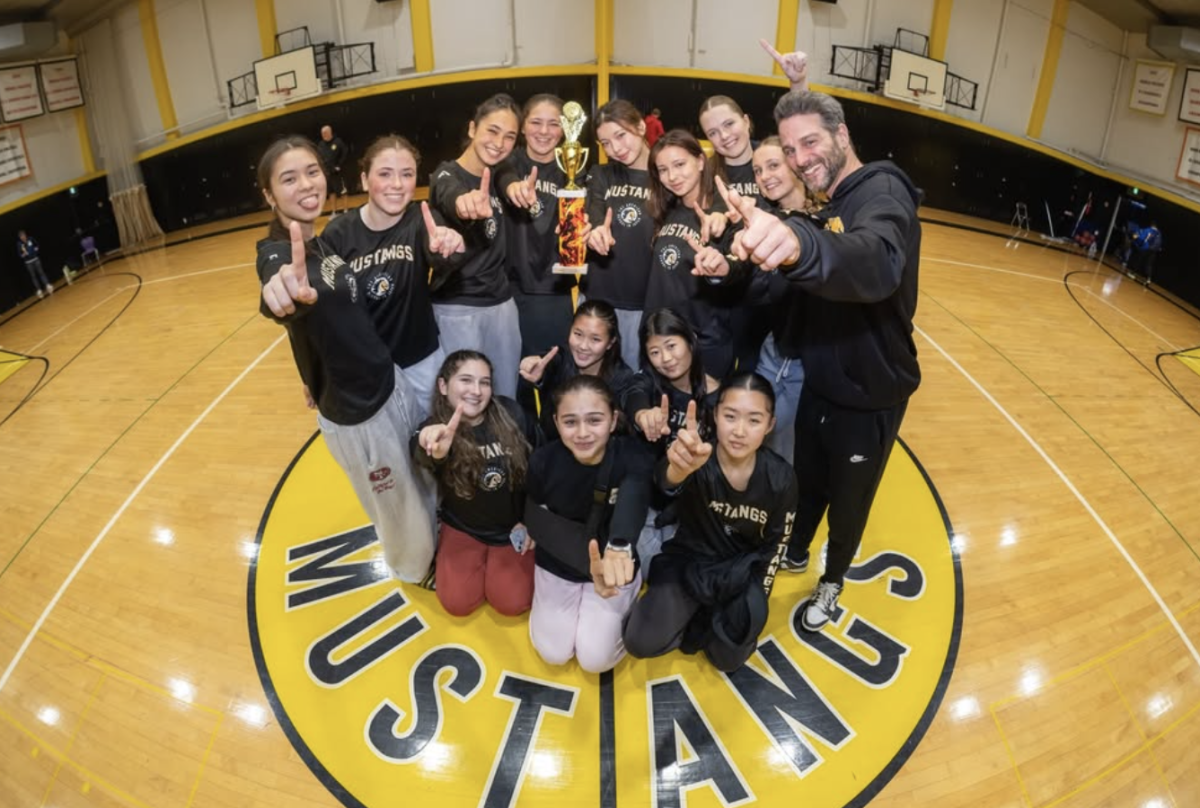Paid to be Curious
Photo by Genevieve Shiffrar
March 2, 2022
How would you like to be paid to be curious? This is the first in a series of articles that explores the work and interests of academics through interviews with high-profile university professors. The professors share what they are working on, as well as their advice for high-school students planning to enter university in the next few years.
Sameer Srivastava is a professor at the Haas School of Business at the University of California, Berkeley. He teaches classes such as “Power and Politics in Organizations” and works primarily at the intersection of sociology and organizational behavior, having previously earned his master’s degree in Sociology from Harvard, as well as his Ph.D. in Sociology and Organizational Behavior.
Professor Srivastava not only teaches graduate students but also conducts cutting-edge research. Like many business-school professors, he has worked in the private sector, at a consulting firm for thirteen years. Although he enjoyed the job, he was looking for something more: “A lot of the work I was doing in my old life was about consuming and applying knowledge to different organizations, and I wanted to get more into the world of producing knowledge.” He wanted to have a different type of impact and become a deeper expert in a particular domain.
After leaving Monitor Consulting Group (now Monitor-Deloitte), Srivastava went to Harvard Business School for his doctoral degree, then he moved to California to join the faculty of the Berkeley Haas School of Business. Now he spends his time teaching future business people and doing research on topics he finds of interest. He spends the majority of his time on research, aiming to advance the current body of knowledge about how to make businesses successful.
Admittedly, research may seem a little foreign to some high schoolers, especially in the fields of business and sociology. Yet Professor Srivastava’s research touches on things that relate to our daily lives. His lab isn’t a sterile room, but rather includes powerful linguistics AI programs analyzing a myriad of public and private data, looking for clues of culture in peoples’ everyday language.
Professor Srivastava notes that the language used within an organization tends to represent or create its culture: “The idea of culture is relatively squishy. It can be really hard to pin down and define.” The research that he does is different from many past studies, in that he observes behavior rather than directly surveying populations. People have all kinds of biases that turn up in surveys, like social desirability bias. Even if someone is deeply racist, they may not say so, due to fear of backlash from their peers.
Culture can be manifested through language. I’m sure all of you have observed this: different people from different backgrounds from different social statuses speak differently at different schools. These subtle differences are what Mr. Srivastava has been working to analyze.
One of his recent papers takes a closer look at the idea of “vision,” the kind of innovative thinking in which an idea is proposed, and while it is initially very uncommon, it soon becomes standard. Professor Srivastava has been working to identify which types of groups tend to be “visionary” across different fields.
He used public information like quarterly earnings calls, legal rulings from US courts, and speeches from US senators and members of the House of Representatives. From this data, he was able to determine that small firms are more visionary than large firms and that lower courts are more visionary than higher courts. Those who were on the fringes of the Congressional network, with fewer connections, were more visionary. I highly recommend you read this study, linked at the bottom of this article. It is fascinating.
As for his advice to upcoming college students, Srivastava said, “Look for research opportunities, especially at college, and see if it is exciting to you.” He noted that when trying to see if research is something you enjoy, “consider less the topic of research and more the process of research. It can be arduous, but also incredibly rewarding.”
Professor Srivastava’s study: Link




















